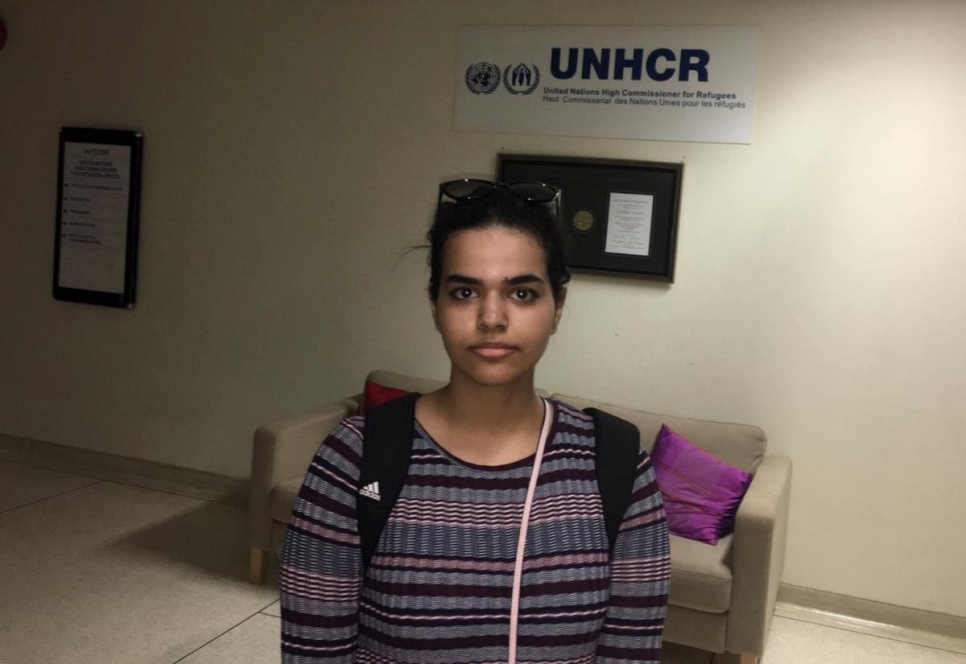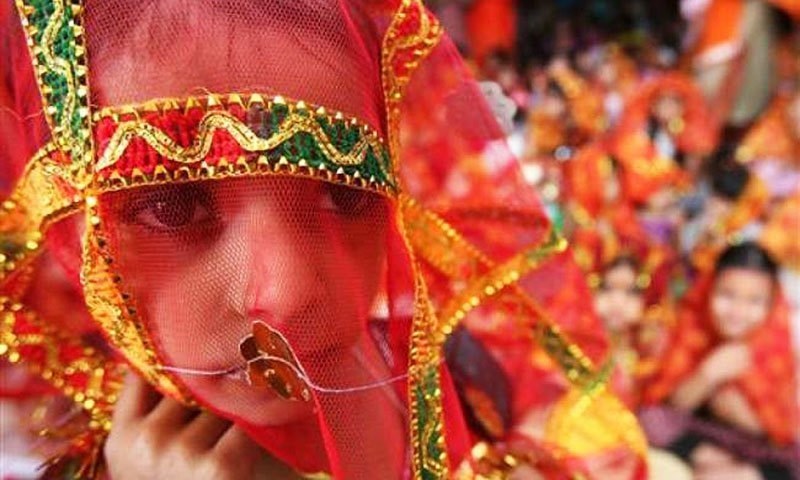M WAQAR..... "A man's ethical behavior should be based effectually on sympathy, education, and social ties; no religious basis is necessary.Man would indeed be in a poor way if he had to be restrained by fear of punishment and hope of reward after death." --Albert Einstein !!! NEWS,ARTICLES,EDITORIALS,MUSIC... Ze chi pe mayeen yum da agha pukhtunistan de.....(Liberal,Progressive,Secular World.)''Secularism is not against religion; it is the message of humanity.'' تل ده وی پثتونستآن
Friday, January 11, 2019
Praetorian penury - #Pakistan’s army is to blame for the poverty of the country’s 208m citizens
It has fostered the paranoia and extremism that hold the country back.IT HAS FOR so long been a country of such unmet potential that the scale of Pakistan’s dereliction towards its people is easily forgotten. Yet on every measure of progress, Pakistanis fare atrociously. More than 20m children are deprived of school. Less than 30% of women are employed. Exports have grown at a fifth of the rate in Bangladesh and India over the past 20 years. And now the ambitions of the new government under Imran Khan, who at least acknowledges his country’s problems (see Briefing), are thwarted by a balance-of-payments crisis. If Mr Khan gets an IMF bail-out, it will be Pakistan’s 22nd. The persistence of poverty and maladministration, and the instability they foster, is a disaster for the world’s sixth-most-populous country. Thanks to its nuclear weapons and plentiful religious zealots, it poses a danger for the world, too.
Many, including Mr Khan, blame venal politicians for Pakistan’s problems. Others argue that Pakistan sits in a uniquely hostile part of the world, between war-torn Afghanistan and implacable India. Both these woes are used to justify the power of the armed forces. Yet the army’s pre-eminence is precisely what lies at the heart of Pakistan’s troubles. The army lords it over civilian politicians. Last year it helped cast out the previous prime minister, Nawaz Sharif, and engineer Mr Khan’s rise (as it once did Mr Sharif’s).
Since the founding of Pakistan in 1947, the army has not just defended state ideology but defined it, in two destructive ways. The country exists to safeguard Islam, not a tolerant, prosperous citizenry. And the army, believing the country to be surrounded by enemies, promotes a doctrine of persecution and paranoia.
The effects are dire. Religiosity has bred an extremism that at times has looked like tearing Pakistan apart. The state backed those who took up arms in the name of Islam. Although they initially waged war on Pakistan’s perceived enemies, before long they began to wreak havoc at home. Some 60,000 Pakistanis have died at the hands of militants, most of whom come under the Tehreek-e-Taliban Pakistan (TTP). The army at last moved against them following an appalling school massacre in 2014. Yet even today it shelters violent groups it finds useful. Some leaders of the Afghan Taliban reside in Quetta. The presumed instigator of a series of attacks in Mumbai in 2008, which killed 174, remains a free man.
Melding religion and state has other costs, including the harsh suppression of local identities—hence long-running insurgencies in Baloch and Pushtun areas. Religious minorities, such as the Ahmadis, are cruelly persecuted. As for the paranoia, the army is no more the state’s glorious guardian than India is the implacable foe. Of the four wars between the two countries, all of which Pakistan lost, India launched only one, in 1971—to put an end to the genocide Pakistan was unleashing in what became Bangladesh. Even if politicking before a coming general election obscures it, development interests India more than picking fights.
The paranoid doctrine helps the armed forces commandeer resources. More money goes to them than on development. Worse, it has bred a habit of geopolitical blackmail: help us financially or we might add to your perils in a very dangerous part of the world. This is at the root of Pakistan’s addiction to aid, despite its prickly nationalism. The latest iteration of this is China’s $60bn investment in roads, railways, power plants and ports, known as the China-Pakistan Economic Corridor (CPEC). The fantasy that, without other transformations, prosperity can be brought in from outside is underscored by CPEC’s transport links. Without an opening to India, they will never fulfil their potential. But the army blocks any rapprochement.
Mr Khan’s government can do much to improve things. It should increase its tax take by clamping down on evasion, give independence to the monetary authority and unify the official and black-market exchange rates. Above all, it should seek to boost competitiveness and integrate Pakistan’s economy with the world’s. All that can raise growth.
Yet the challenge is so much greater. By mid-century, Pakistan’s population will have increased by half. Only sizzling rates of economic growth can guarantee Pakistanis a decent life, and that demands profound change in how the economy works, people are taught and welfare is conceived. Failing so many, in contrast, really will be felt beyond the country’s borders.
Transformation depends on Pakistan doing away with the state’s twin props of religion and paranoia—and with them the army’s power. Mr Khan is not obviously the catalyst for radical change. But he must recognise the problem. He has made a start by standing up to demagogues baying for the death of Asia Bibi, a Christian labourer falsely accused of blasphemy.
However, wholesale reform is beyond the reach of any one individual, including the prime minister. Many politicians, businesspeople, intellectuals, journalists and even whisky-swilling generals would far rather a more secular Pakistan. They should speak out. Yes, for some there are risks, not least to their lives or liberty. But for most—especially if they act together—the elites have nothing to lose but their hypocrisy.
https://amp.economist.com/leaders/2019/01/12/pakistans-army-is-to-blame-for-the-poverty-of-the-countrys-208m-citizens
#Canada grants asylum to #Saudi woman #Rahaf Alqunun: PM
Prime Minister Justin Trudeau says Canada has granted asylum to a Saudi woman who fled alleged abuse by her family and was holed up in Thailand.
Rahaf Mohammed Alqunun, 18, was stopped last Saturday at a Bangkok airport by immigration police who denied her entry and seized her passport.
She barricaded herself in an airport hotel room and launched a social media campaign that drew global attention to her case.
Trudeau says the United Nations High Commission on Refugees made a request of Canada that it take Alqunun as a refugee and Canada accepted.
“That is something that we are pleased to do because Canada is a country that understands how important it is to stand up for human rights, to stand up for women’s rights around the world,” Trudeau told a news conference in Regina.
Alqunun’s case has highlighted the cause of women’s rights in Saudi Arabia.
Several female Saudis fleeing abuse by their families have been caught trying to seek asylum abroad in recent years and returned home.
Canada taking Alqunun could further upset Saudi-Canada relations.
In August, Saudi Arabia expelled Canada’s ambassador to the kingdom and withdrew its own ambassador after Canada’s foreign ministry tweeted support for women’s rights activists who had been arrested. The Saudis also sold Canadian investments and ordered their citizens studying in Canada to leave.
Alqunun had previously said on Twitter that she wished to seek refuge in Australia.
Australian Foreign Minister Marise Payne met with senior Thai officials in Bangkok on Thursday. She later said that Australia was assessing Alqunun’s request for resettlement.
#SaveRahaf - UNHCR statement on Canada’s resettlement of Saudi national Rahaf Al-Qunun
UNHCR, the UN Refugee Agency welcomes the expected arrival in Canada of Rahaf Mohammed al-Qunun and the decision of the Canadian Government to provide international protection and a long-term solution for her there as a resettled refugee.
The quick actions over the past week of the Government of Thailand in providing temporary refuge and facilitating refugee status determination by UNHCR, and of the Government of Canada in offering emergency resettlement to Ms. al-Qunun and arranging her travel were key to the successful resolution of this case. Ms al-Qunun left Thailand en route to Canada today.
“Ms. al-Qunun’s plight has captured the world’s attention over the past few days, providing a glimpse into the precarious situation of millions of refugees worldwide.” said UN High Commissioner for Refugees Filippo Grandi. “Refugee protection today is often under threat and cannot always be assured, but in this instance international refugee law and overriding values of humanity have prevailed.”
With political sentiment and public attitudes towards refugees having hardened in some countries in recent years, resettlement – the mechanism by which Ms. al-Qunun has been accepted by Canada – is available only to a fraction of the world’s 25.4 million refugees, typically those at greatest risk, such as women at risk. Ms. al-Qunun’s case was dealt with on a fast-track ‘emergency’ basis in light of the urgency of her situation.
21pc girls in #Pakistan become victim of child marriage, WHO reports
A recent report issued by World Health Organisation (WHO) has shed light on the issue of child marriages in Pakistan saying such practice is most common in rural areas. It further said that more than 140 million underage girls are likely to get married between 2011 to 2020.
According to the WHO report titled 'Demographics of child marriages in Pakistan', child marriage remains a serious concern in Pakistan, with 21 per cent of girls getting married before reaching the age of 18, especially in the rural areas.
Formal marriage or informal union before age 18 occurs throughout the world, it added. However, being forced into marriage before one was able to give consent violates the basic human rights of boys and girls, the report said.
It further said that the percentage of child marriage remained high in Sindh, with 72 per cent girls and 25 per cent boys becoming victims to this menace, however, the highest number of girl child marriages were recorded in the tribal areas of Pakistan, with 99 per cent girls married under this unlawful traditional practice.
Subscribe to:
Comments (Atom)


/https://www.thestar.com/content/dam/thestar/news/canada/held-hostage/2016/12/04/canada-does-not-negotiate-with-terrorists-except-/justin-trudeau.jpg)




